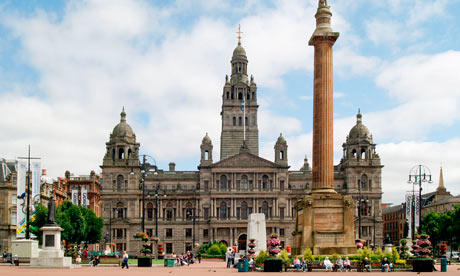Perhaps the joy was in gaining ownership or putting things together which worked. But imagine the joy which must come if you're a train enthusiast and able to tinker with a real train, not just any train, but the 'big daddy' of them all, 'The Flying Scotsman'.
Anyway, in 2004 the museum bought the real thing for £2.3m. Then, in 2005 they recognised the need for repairs, which they estimated would take one year and cost £250k. Now, in 2013, the repair work has cost, not £250k but £2.89m. That, in turn, has diverted funds from other areas, and indeed from the wider public purse. The hope is that the 'Flying Scotsman' will be operational in 2015 - that's quite a delay for what was a record breaking locomotive. As part of that journey it is now thought a decision will be taken on whether or not to 'buy' the remaining repair work.
Recently I applauded Liverpool on its decision to call a halt to a procurement which wasn't going to be delivered on time or budget. While I congratulate the National Railway Museum in questioning whether they should outsource the repair work, answers should be sought why a red line hadn't been drawn earlier, why the total costs of repair hadn't been better estimated in 2004, and why a robust 'make/buy' options appraisal wasn't carried out in 2005 regarding the repairs? It would also be useful to make sure that the current make/buy appraisal is robust and risk assessed. Have wider social objectives also been considered, for example, using the repair work as a training scheme or even using volunteer enthusiasts as potential repairers?
But I wonder when make/buy decisions are made, if there is a wider issue - could there be innate bias within our DNA which leads a buyer towards 'buy' and a techie towards 'make'?
Setting that aside, ironically, the 'Flying Scotsman' saga has some resonance with yesterday's blog on Glasgow's George Square revamp. There too a timely options appraisal was absent.
Perhaps there's an even bigger issue though, namely, are procurement specialists even involved in these decisions early enough to make a difference or at all?









